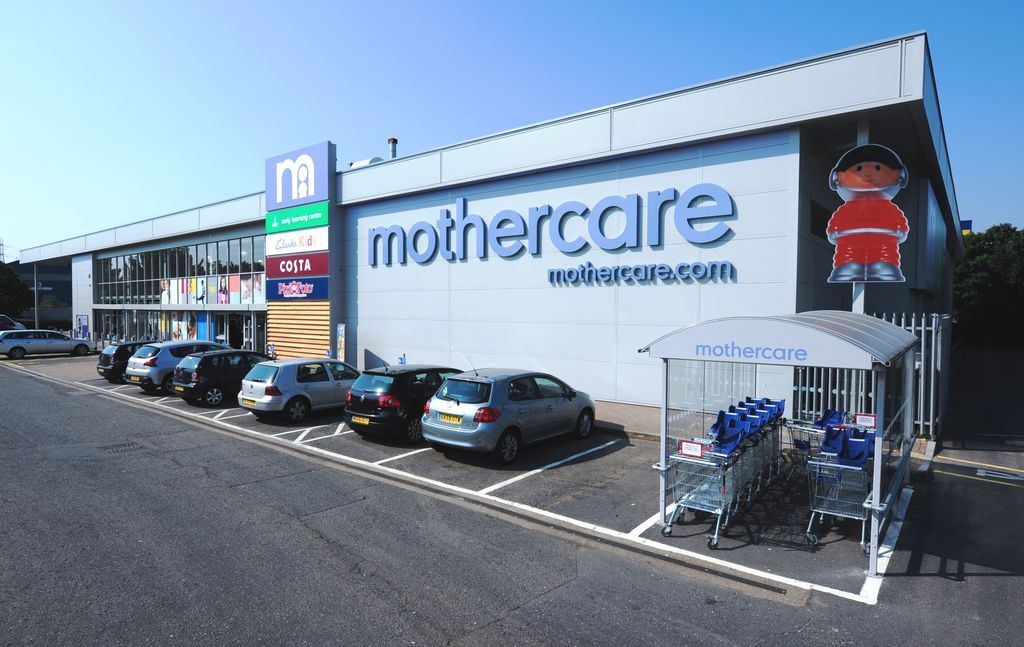
Shares in bombed-out baby goods purveyor Mothercare (MTC) slumped 30% to 8.02p on Monday after the embattled retailer called in administrators to its ailing UK high street chain. Putting around 2,500 jobs at risk, the collapse represents yet another blow to the British retail sector, although Mothercare’s profitable, 1,000 store-strong overseas business will be spared.
Mothercare insists the administration process is ‘a necessary step in the restructuring and refinancing of the group’, while the hard-pressed stores will continue to trade as normal for the time being as will Mothercare shares.
CASUALTY OF CUT-THROAT COMPETITION
In one of the most widely-anticipated high street collapses, the heavily loss-making UK retail operation (Mothercare UK Limited) is being put into administration. Also affected is Mothercare Business Services (MBS), which provides certain services to Mothercare UK.
A combination of competition from supermarkets and cheaper online rivals, rising costs and years of under-investment in its online offering has ultimately done for Mothercare, which unbelievably spurned a 2014 bid at 300p from US peer Destination Maternity on the basis the offer undervalued the business and its ‘attractive prospects’.
READ MORE ABOUT MOTHERCARE HERE
Following a root and branch review, current management has concluded the UK retail operations consisting of 79 stores are ‘not capable of returning to a level of structural profitability and returns that are sustainable for the group as it currently stands’.
Mothercare has been unsuccessful in finding a buyer for the UK business and furthermore, it is ‘unable to continue to satisfy the ongoing cash needs of Mothercare UK’.
THE EXPERT’S VIEW
Theoretically, Mothercare should have thrived given that it sells products catering to pregnant women and young children at a time when the UK population is growing rapidly.
As Russ Mould, investment director at AJ Bell, comments: ‘There was a clear need for its services, so why are its UK operations going into administration? One of the key arguments is that it hasn’t invested enough money into its online operations so it could compete against Amazon and other retailers.
‘It is often inconvenient for expectant mothers or parents with new-borns to go to the shops to buy essentials, hence why it is preferable to order online and have goods delivered to the home. Mothercare should have realised this situation and slimmed down the number of physical stores years ago, as well as investing more into infrastructure to support efficient deliveries.’






